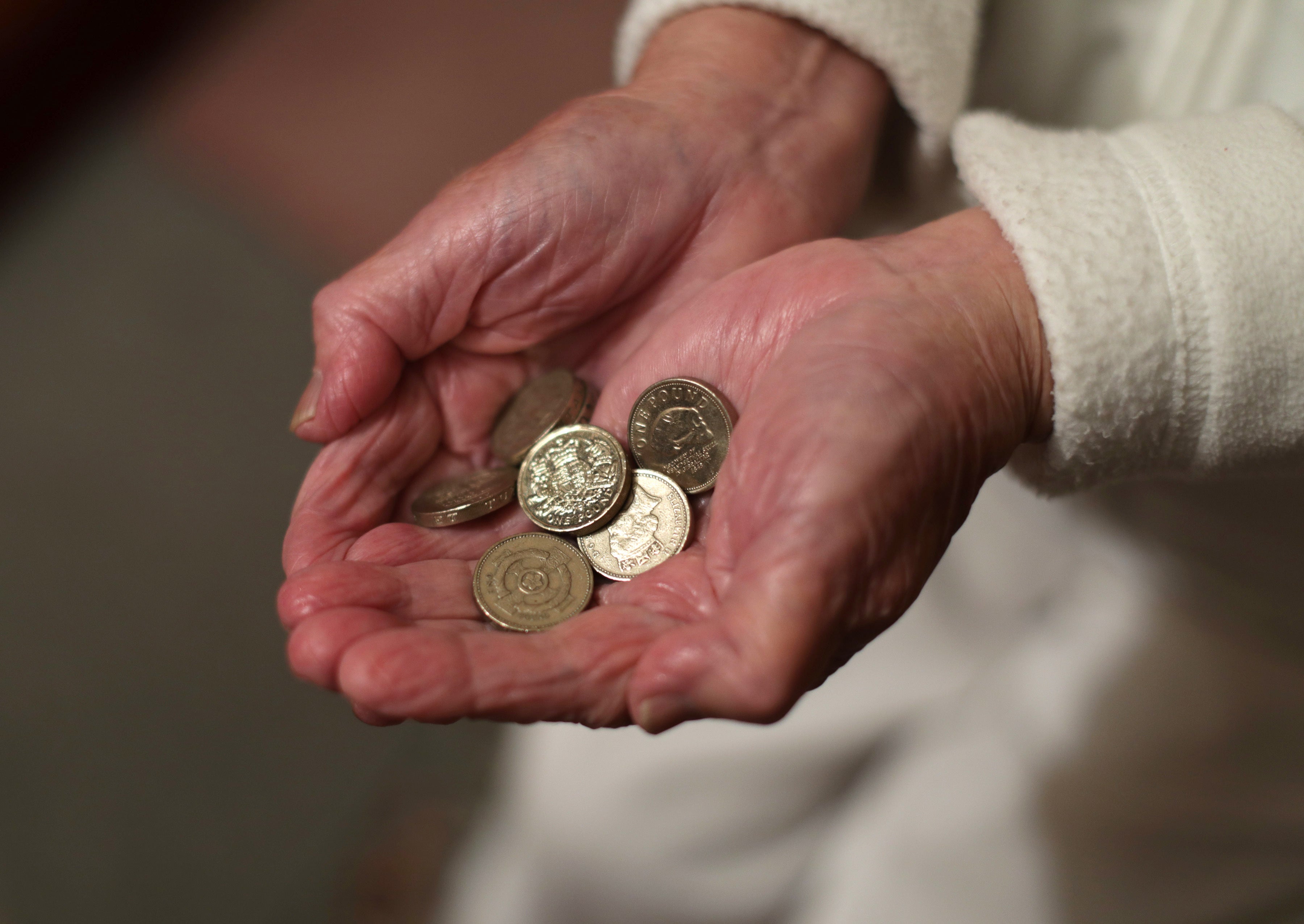‘Pension blunders still being made despite correction exercise’
Sir Steve Webb has written to Pensions Minister Guy Opperman, giving examples of recent state pension errors and calling for further action.

State pension blunders are still being made, despite a huge correction exercise into past mistakes having been put in place, according to a former pensions minister.
Sir Steve Webb has written to Pensions Minister Guy Opperman, giving examples of recent errors and calling for further action to improve accuracy.
Mistakes often relate to women who previously paid a reduced rate of National Insurance contributions (NICs), commonly known as the “married woman’s stamp”.
These women may find that, under the rules of the new state pension, they lack the 10 years of full-rate contributions necessary to qualify for any state pension.
But the new system has a special concession for them, provided they were paying the reduced stamp 35 years before they retired.
I continue to hear from women who have been wrongly told that they are not entitled to a pension
They could automatically get a pension of £85 per week if they are married or £141.85 if they are widowed or divorced.
A previous freedom of information (FOI) request from Sir Steve found that the Department for Work and Pensions (DWP) discovered in 2019 that errors were being made in such cases and a correction exercise was put in place.
But the former minister, who is now a partner at LCP (Lane Clark & Peacock) has continued to hear from women who have wrongly been told they have no pension entitlement – including one who retired as recently as April 2022.
He has written to the DWP, detailing some cases, and is calling for action to be taken to prevent mistakes from happening again.
Sir Steve said: “When DWP admitted to me that they had been making errors for this group of women, I assumed that they would have put in place procedures to sort out the problem, yet I continue to hear from women who have been wrongly told that they are not entitled to a pension.
“What concerns me most is how many other women there may be who simply trusted what DWP have told them and are now struggling to get by without the pension which is rightfully theirs.
“DWP should be checking all their records for such cases and putting things right, as well as making sure that these mistakes cannot happen again.”
In one case seen by Sir Steve, Estelle Henley, who lives near Southampton, Hampshire, reached state pension age in April 2022, but was shocked to receive a letter stating that she did not have enough years’ worth of contributions for a UK state pension.
Before retiring, she had worked full-time in her daughter’s pub for 15 years.
Her husband Rob, 72, is still in part-time work, partly to support the couple until Mrs Henley’s state pension became payable.
From previous correspondence with the DWP in 2015, Mrs Henley was aware of the rules for people who paid the “reduced stamp”, so she challenged the DWP directly and contacted Sir Steve.
Mrs Henley received an apology and arrears were paid back to the start of her claim.
Mrs Henley said: “I knew that something was wrong when I was told I wasn’t entitled to a pension, but there may be other women who might not realise they have been given the wrong information.
“I would encourage anyone who has been turned down for a pension to make sure that an error has not been made.”
Another case involved a woman who was notified in January 2022 that she would receive a state pension of just under £69, based on her own National Insurance record.
However, she also knew about the “reduced stamp” and, after several letters and eventually getting Sir Steve involved, an error was accepted and she is now being paid £141 per week.
In another case, a woman reached state pension age in August 2021 and was surprised not to receive her pension. She was initially told she had no entitlement as she only had nine qualifying years. It was later accepted that she was due £86 per week.
Another woman reached pension age in September 2020. She was also told she had no entitlement to a state pension.
Sir Steve said she battled for a year and it was eventually accepted that she should have had £85 per week, which was also backdated for a year.
A DWP spokesperson said: “This year we will spend over £110 billion on the state pension and our priority is ensuring every pensioner receives all the financial support to which they are entitled. Where errors do occur, we are committed to identifying and rectifying them.
“We will respond to the letter in due course.”
Bookmark popover
Removed from bookmarks